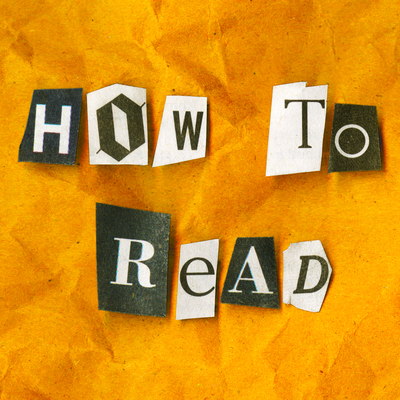In the Bible, the Apocalypse is the end of the world as we know it, but it’s also the beginning of a new one. Jennifer Wilks argues that major catastrophes can be apocalyptic in the same way. A disaster like Hurricane Katrina or the COVID-19 pandemic can shed new light on the world’s social inequalities, which makes it easier to imagine them changing. Jennifer thinks that post-apocalyptic fiction can play a role in this process, by allowing us to think ahead about times of disaster so we can act to make things better when the moment comes.
Tag: imagination
It’s difficult to maintain attention when surrounded by distractions. Even if we’re just trying to focus on our own thoughts, distracting words have a way of popping into our head uninvited. David Marno has been studying early Christian thinkers, for whom prayer meant paying attention to God, leading them to worry that distracting thoughts were caused by evil demons. But avoiding these demons of distraction wasn’t the goal for everyone: the poet and preacher John Donne believed that true attention could only emerge out of distractedness, and so wrote poetry that moves readers from distraction to spiritual attention.
What do we want when we revisit a beloved story? Sarah Chihaya suggests we’re drawn back by contradictory desires: on the one hand we want to relive what we experienced the first time, but we also want something fresh and new. From recent movie sequels and remakes to the experimental novel Life After Life, Sarah shows how revisiting familiar stories can be a cynical ploy to make money, but can also be an under-appreciated source of artistic inspiration.
